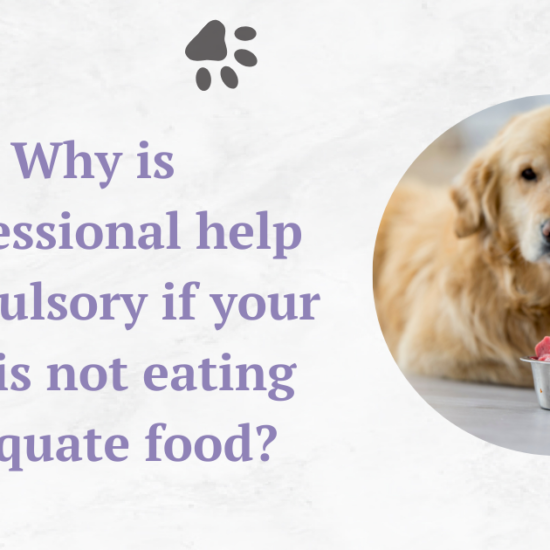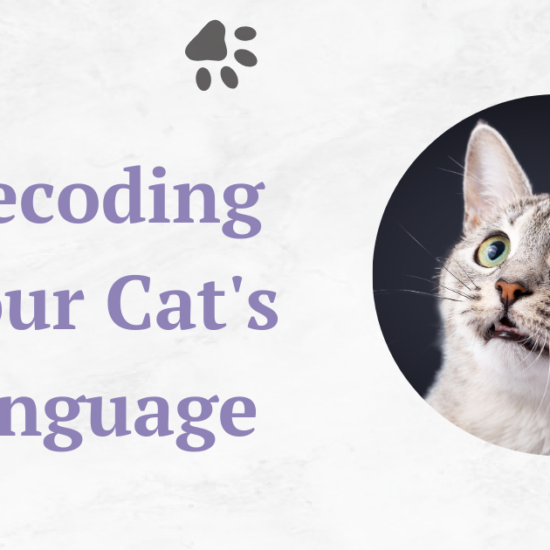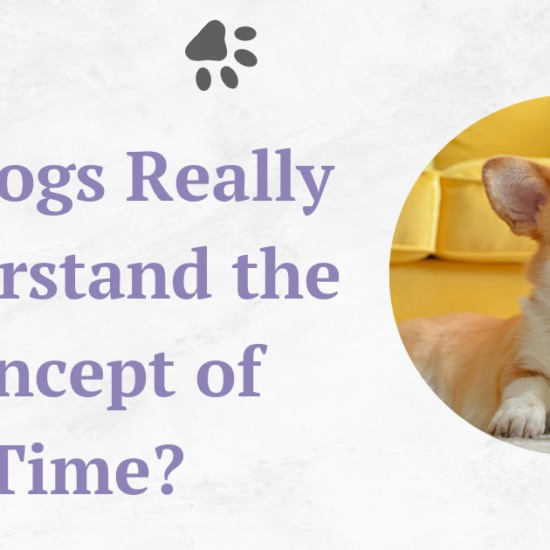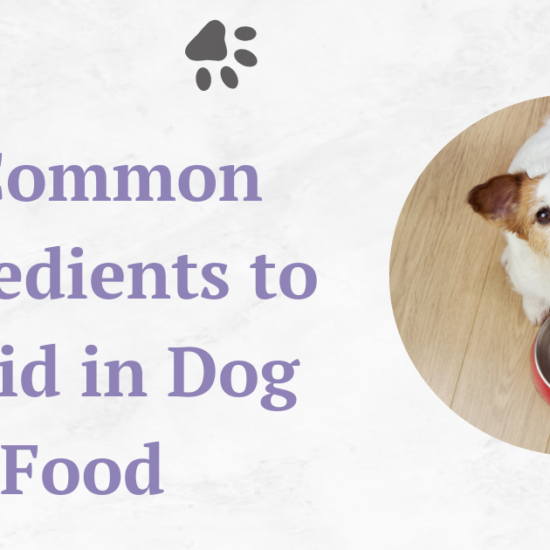Pet vaccination is an essential part of responsible pet ownership. It involves administering vaccines to dogs and cats in order to protect them from different communicable diseases that can be both devastating and easily preventable.
Table of Contents
Introduction
Vaccination has long been regarded as one of the most efficient methods of ensuring the health and well-being of our four-legged pals. In this article, we will discuss the significance of pet vaccinations, the various types of vaccines available, vaccination regimens, dangers and side effects, and particular considerations for puppies, kittens, geriatric pets, and those with allergies or health concerns. We will also explore the ongoing issue of over-vaccination and close with a reminder of the importance of this practice in protecting our pets’ health.
Value of Pet Vaccinations
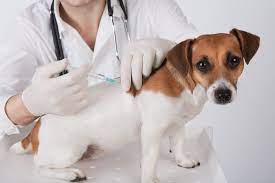
Pet vaccination is an important part of responsible pet ownership, as it protects the health and well-being of our beloved furry companions. Understanding the complex relevance of pet vaccination is critical to understanding why it is a non-negotiable part of pet care.
- Disease Control
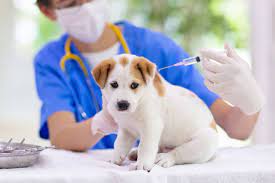
The primary goal of pet immunization is disease prevention. Vaccines are precisely engineered to boost a pet’s immune system, causing protective antibodies to be produced. These antibodies act as the body’s first line of defense against specific diseases, either by preventing infection or drastically reducing disease severity if the pet is exposed.
When a vaccinated pet comes into contact with a pathogen, such as a virus or bacteria, the immune system detects it as an invader and activates the antibodies produced. These antibodies neutralize the threat, effectively preventing or minimizing the disease’s impact. Without vaccination, the pet’s immune system would be unprepared to respond, making the animal susceptible to potentially fatal diseases such as rabies, parvovirus, or distemper.
- Community Health
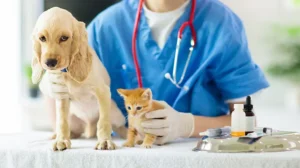
Pet vaccinations are important for more than just the corresponding animal; they have broader consequences for public health. Some pet diseases are zoonotic, which means they can be passed from animals to people. When pets are immunized against these diseases, they not only protect the animals but also act as a barrier, preventing transmission to their human caretakers and the general public.
Rabies is a classic example of a fatal viral disease that can infect both dogs and cats and is transmitted to humans via bites or scratches. By immunizing pets against rabies, we create a critical buffer that protects not only the pets but also humans from the risk of this lethal disease. This emphasizes the interdependence of human and animal health and the need for communal responsibility.
- Budget-Friendly
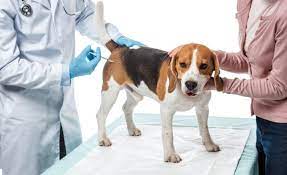
Vaccinating pets is undeniably cost-effective. Vaccination is far more cost effective than treating diseases after an animal has become infected. Veterinary treatment, medicine, and even hospitalization can all be far more expensive than routine vaccines.
For example, treating parvovirus in dogs, which is preventable through vaccination, may necessitate expensive hospitalization, intensive care, and medications. The cost of a simple vaccination is negligible, making the choice between vaccination and treatment clear in terms of both economic and emotional costs.
- Life Expectancy
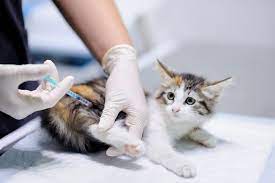
Vaccinations help our pets live longer and have a higher quality of life. Many vaccine-preventable diseases are not only fatal but can also cause serious and long-term health problems. Vaccinating against these diseases ensures that our pets live healthier, more fulfilling lives.
Feline leukemia, for example, a contagious and often fatal disease in cats, can cause a lifetime of pain and recurring health issues. Feline leukemia vaccination protects cats from the disease and its complications, allowing them to live a longer and healthier life.
- Legal Prerequisites
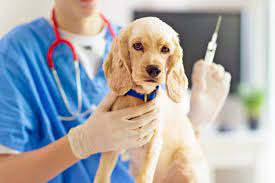
Pet vaccination is not just a matter of choice in some areas; it is a legal requirement. Failure to follow these legal mandates may result in fines or other legal ramifications. The most prevalent legal requirement is rabies vaccination, as it offers a considerable public health danger because of its transmissibility to people.
These legal regulations underline the gravity of pet vaccinations, emphasizing the significance of responsible pet ownership and adherence to established public health practices.
Types of Pet Vaccinations
Pet immunizations are vital for safeguarding our beloved animals from preventable infections. These vaccinations are often divided into two groups: essential vaccines and non-essential vaccines, each serving a specific purpose in maintaining the health of pets.
- Essential Vaccines
Essential vaccinations are those recommended for all pets due to the high risk of exposure to the diseases they protect against. These immunizations are considered crucial to the health of your pet, and in many circumstances, some are even mandated by law.
Essential puppy vaccinations often include:
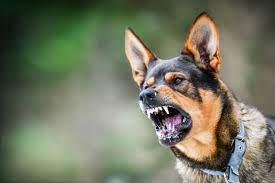
Rabies: Rabies is a universally dreaded viral disease that damages the central nervous system and can be transmitted to humans. Due to its public health issues, rabies vaccination is almost always required by law. As one of the most sought-after puppy vaccinations, this vaccine is not only crucial for your dog’s well-being but also for the safety of your neighborhood.

Canine Distemper: Canine distemper is a highly contagious and often fatal disease that affects a dog’s respiratory, gastrointestinal, and nervous systems. It poses a serious risk to unvaccinated dogs.
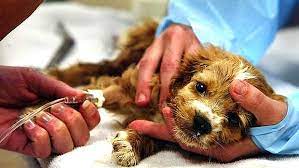
Canine Parvovirus: This extremely contagious disease causes severe vomiting and diarrhea in puppies and can be fatal. Because parvovirus is so resilient in the environment, immunization is essential for all dogs.
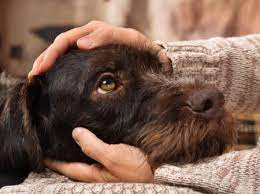
Canine Adenovirus (Hepatitis): Infected dogs might develop liver and respiratory problems as a result of canine adenovirus. Vaccination provides protection against this potentially fatal infection.

Canine Parainfluenza: A respiratory virus that contributes to the development of kennel cough, a condition that is more common in environments with close dog-to-dog contact.
Essential immunizations for cats often include:
Rabies: Just like with dogs, rabies vaccination is critical for the health of cats and the general public. Cats can contract rabies and spread it to people through bites or scratches.

Feline Distemper (Feline Panleukopenia): Feline distemper is a highly contagious and frequently fatal disease that affects the blood cells and intestinal system of cats. Vaccination is an important line of protection against this disease.

Feline Calicivirus: A major cause of respiratory illnesses in cats is feline calicivirus. Sneezing, nasal discharge, and mouth ulcers are some of the symptoms.
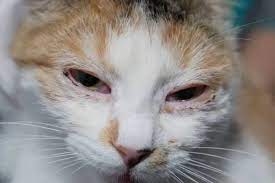
Feline Herpesvirus (Feline Viral Rhinotracheitis): This virus causes respiratory infections in cats, producing sneezing, nasal discharge, and eye inflammation.
Because the diseases they protect against are extremely contagious, potentially life-threatening, and frequently have zoonotic potential, posing dangers to human health, essential vaccinations are required for all pets, regardless of lifestyle or circumstances.
- Non-essential Vaccines
Non-essential vaccines are not required for all pets and are instead recommended based on a pet’s unique circumstances, such as lifestyle, geographical region, and risk of exposure. Non-core immunizations should only be administered after consulting with a veterinarian, who can assess your pet’s specific needs.
Non-essential but still important puppy vaccinations include:
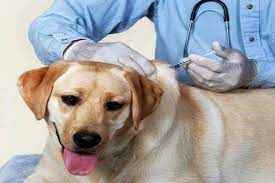
Bordetella: This vaccine protects against kennel cough, which is especially important for dogs who spend a lot of time with other dogs, such as those who go to boarding facilities or dog shows.
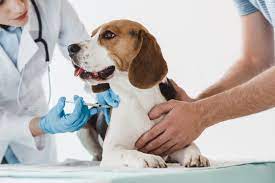
Leptospirosis: A bacterial infection that can be transmitted to people and is more common in specific places. Vaccination may be advised based on local considerations as well as the dog’s lifestyle.
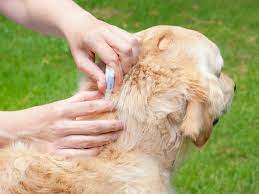
Lyme Disease: In areas where Lyme disease is prevalent, dogs must be protected against it. Ticks are the primary vectors of the disease.

Canine Influenza Vaccine: This vaccine is suggested for dogs who are at a higher risk of exposure in places where outbreaks are known.
Non-essential immunizations for cats may include:
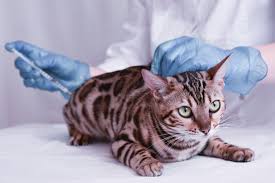
Feline Leukemia Vaccine: This vaccine is suggested for outdoor cats or those who live with affected cats. Feline leukemia is a viral disease that can be fatal in afflicted cats.

Feline Immunodeficiency Virus (FIV): For outdoor cats or cats who are prone to fighting with other cats. FIV, like HIV in people, can cause immunodeficiency in cats.
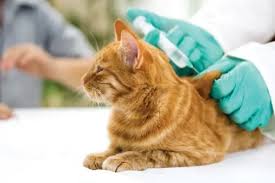
Chlamydia: This vaccine protects cats from a bacteria that causes respiratory and ocular diseases.
Non-essential vaccines provide additional protection against certain diseases relevant to the conditions of an individual pet. Based on characteristics such as your pet’s habitat, social interactions, and geographical location, your veterinarian will assist you in determining the necessity of non-core vaccines.
Schedules for Vaccinations
Pet vaccination schedules are meticulously planned procedures that ensure pets receive their initial round of immunizations as well as periodic booster shots in order to maintain immunity against a variety of avoidable diseases. These routines are essential for promoting your pet’s health and well-being throughout their life. A vaccination schedule’s specifics can vary depending on factors such as age, health state, lifestyle, and the required immunizations.
Note: There might be affiliate links mentioned here. We may receive a commission if you purchase a product through an affiliate link. There is no additional charge for you. Please do your own research before making any online purchases.
- Kittens and puppies

Like human infants, puppies and kittens begin their lives with some immunity passed down from their mothers via maternal antibodies. These antibodies, however, gradually deteriorate, leaving young animals exposed to diseases. A well-structured vaccination regimen is critical for closing this immunity gap.
Kitten or puppy vaccinations usually begin between the ages of 6 and 8 weeks. They are given a series of immunizations over the course of several months, usually at 2–4-week intervals. During this time, the major goal is to establish a solid foundation of protection against a variety of diseases that can be very hazardous to young animals.
Vaccines commonly given to pups and kittens during this stage include:
Canine and Feline Distemper Vaccines: These protect against extremely contagious and potentially fatal diseases that affect dogs’ and cats’ respiratory, gastrointestinal, and neurological systems, respectively.
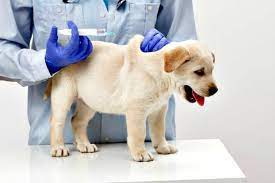
Canine Parvovirus Vaccine: Parvovirus is a highly contagious and potentially fatal disease that affects puppies in particular.
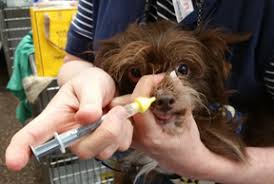
Respiratory Disease Vaccines: Vaccines for both dogs and cats are available to protect against respiratory diseases, which are common in group settings or in households with several pets.
Rabies Vaccination: An initial rabies vaccine is usually given to dogs during this phase. Rabies is a zoonotic disease that can be fatal to both pets and people. It is one of the most sought-after puppy vaccinations among dog owners.
This early vaccination program is critical to protecting puppies and kittens during their most vulnerable time of life. It establishes the groundwork for long-term immunity and health.
- Adult Animals
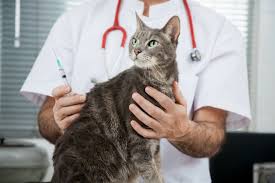
When a pet reaches adulthood, its immunization program enters a maintenance phase. Essential vaccinations are typically delivered every one to three years to protect against diseases with a high risk of exposure. The frequency of immunizations, however, may vary depending on the health, lifestyle, and regional dangers of each individual cat.
To sustain continued protection, the basic vaccines, such as those against rabies, distemper, and parvovirus, should be consistently maintained. Based on your pet’s specific circumstances, your veterinarian will assist you in determining the right vaccine frequency.
Non-essential vaccines are given as needed and are advised depending on factors such as lifestyle and geographical region. For example, if you reside in a region where ticks carrying Lyme disease are common, your dog may require more regular Lyme disease immunizations.
- Senior Animals
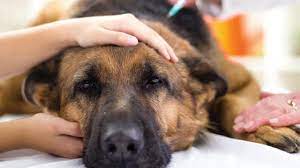
Senior pets’ immunization schedules may need to be adjusted as they age. While they still require protection from preventable infections, their immune systems may not respond as vigorously as they did when they were younger. As a result, individuals may receive fewer immunizations or have them spaced out more widely to satisfy their age-related demands.
Consultation with your veterinarian is vital when developing a vaccination schedule for your elderly pet’s unique circumstances. They will take into account your pet’s health, lifestyle, and any potential age-related issues, ensuring that your cherished friend receives essential protection while avoiding unneeded immunizations.
Risks and Adverse Effects

Vaccination, like any medical procedure, is not without danger. However, these hazards are often minor when weighed against the benefits of avoiding potentially fatal conditions. Typical side effects of pet vaccines include:
Mild Discomfort: Following immunization, some pets may suffer discomfort at the injection site or mild weariness. This is usually only temporary.
Allergic Reactions: Although uncommon, some pets may experience allergic reactions to immunizations. Swelling, hives, vomiting, diarrhea, and difficulty breathing are all symptoms of an allergic reaction. It is critical to monitor your pet for signs of an allergic response after immunization, as fast treatment is critical.
Lethargy: Following immunization, pets may experience lethargy or a short drop in energy. This usually resolves itself after a day or two.
Serious side effects from immunization are quite rare. Discuss any concerns you have about probable side effects with your veterinarian, who can advise you on what to expect and how to handle any unexpected symptoms.
Particular Considerations
Age, health status, and lifestyle are just a few variables that can affect a pet’s immunization requirements. Here are some other points to consider:
- Kittens and Puppies
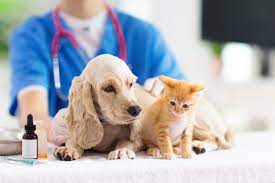
When it comes to vaccination, puppies and kittens require extra care. Because of their underdeveloped immune systems, they are more susceptible to disease. As previously stated, the initial set of immunizations is critical to providing children with a firm foundation of immunity. During this time, socialization is also crucial, but it must be weighed against the risk of disease exposure.
- Senior Animals
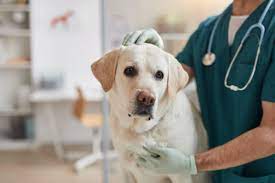
Pets’ immune systems may deteriorate as they age, making them more susceptible to diseases. Veterinarians frequently recommend fewer immunizations for senior pets, and the vaccination schedule may be adjusted based on an individual’s health situation. Regular check-ups become even more important for monitoring their general health.
- Allergies and Health Issues

When it comes to vaccines, pets with allergies or underlying health concerns may require extra consideration. Your veterinarian will evaluate your pet’s unique circumstances and make recommendations that are tailored to their specific requirements. Certain immunizations may be contraindicated in specific instances.
Over-Vaccination Debate
There has been rising worry in recent years about the possibility of overvaccinating pets. Over-vaccination is the practice of providing vaccines more frequently or in higher doses than necessary, which can endanger the animals’ health. This problem prompted the creation of titer testing, a blood test that determines if a pet’s existing antibody levels require a vaccine booster.
The over-vaccination argument has resulted in adjustments in immunization procedures, with some vets using more customized approaches. These methods entail evaluating a pet’s risk variables and antibody levels to evaluate the need for booster vaccinations. It is crucial to stress, however, that the concept of over-vaccination does not diminish the fundamental relevance of immunizations in the prevention of severe diseases.
It is critical to review vaccination protocols with your veterinarian and collaborate to create a plan that is personalized to your pet’s individual needs while also protecting them from preventable diseases.
FAQs
What exactly is pet vaccination, and why is it necessary?
Vaccinating dogs and cats to protect them from contagious infections is what pet vaccination entails. It is critical because it protects pets’ health by preventing potentially fatal infections.
What are essential vaccinations, and why are they so important?
Because of the significant danger of exposure to the diseases they protect against, essential vaccinations are recommended for all pets. They are necessary because they prevent highly contagious and, in some circumstances, zoonotic (transmissible to people) infections.
What are some of the most commonly used essential vaccines for dogs and cats?
Rabies, distemper, parvovirus, adenovirus (hepatitis), and parainfluenza are all common essential vaccines for dogs. The primary vaccines for cats are rabies, feline distemper, calicivirus, and herpesvirus.
What are non-core vaccines, and when should they be used?
Non-core vaccines are not required for all pets and are advised based on factors such as lifestyle and geography. They may provide protection against infections such as kennel cough, leptospirosis, and Lyme disease. Consult your veterinarian for advice.
What immunization schedule is advised for puppies and kittens?
Puppies and kittens begin receiving immunizations at roughly 6 to 8 weeks of age, with 2 to 4 week intervals until they are 16 to 20 weeks old. During this time, common vaccines include those for distemper, parvovirus, respiratory infections, and rabies (for dogs).
How frequently do adult pets require core immunizations, and how about non-essential shots?
Adult pets often receive core immunizations every one to three years. Non-core vaccines are administered as needed based on the risk factors, lifestyle, and geographical location of the pet.
What special vaccination concerns are there for senior pets?
Due to probable immune system changes, senior pets may receive fewer vaccines or have injections spread out. Consult your veterinarian for a tailored plan based on the health of your older pet.
What are the most common adverse reactions to pet vaccinations?
Mild discomfort at the injection site, transient weariness, and, in rare cases, allergic responses are common side effects. Swelling, hives, vomiting, diarrhea, or difficulty breathing are all symptoms of an allergic reaction.
What is the over-vaccination argument, and how does it impact pet vaccination protocols?
Over-vaccination is the practice of providing vaccines more frequently or in higher doses than is necessary, potentially endangering the health of pets. This argument has resulted in more personalized vaccination options, such as titer testing, which assesses existing antibody levels to determine the need for boosters.
Should I be concerned about over-vaccination, and how can I collaborate with my veterinarian to ensure the health of my pet?
While the debate over over-vaccination continues, it is critical to collaborate with your veterinarian to design a vaccination schedule customized to your pet’s individual needs. Discuss your concerns and the dangers involved in order to keep your pet safe from preventable infections while avoiding unneeded immunizations.
Conclusion
Pet vaccination is an important part of responsible pet ownership. It not only protects our beloved pets from dangerous infections, but it also contributes to public health. Understanding the different types of vaccines, suitable vaccination regimens, and specific considerations for puppies, kittens, seniors, and cats with health conditions is critical to protecting our pets’ health and longevity.
While the controversy over over-vaccination rages on, it should not obscure the fundamental need for immunization to protect our dogs’ lives. The best approach to managing the complexity of pet immunization and providing your beloved friends with the care they deserve is to consult with a trained veterinarian. Responsible pet owners may find a balance between proper protection and avoiding unnecessary risks, ensuring that their pets enjoy happy and healthy lives in partnership with qualified veterinarians.





